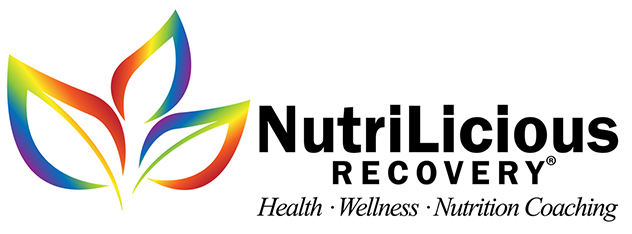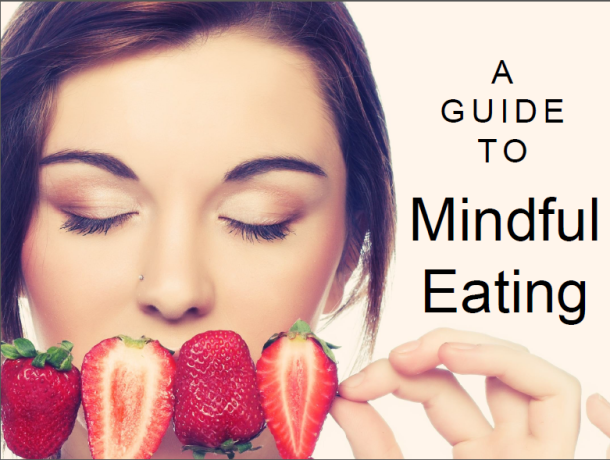
Our hair is the fastest growing tissue in the human body. It’s become a symbol of beauty, youth, and health. So what do we do to keep it looking and growing its best? Our hair growth and vitality is affected by many factors including age, genetics, hormones, and nutrition. Quite often a nutritional deficiency can be linked to hair loss. Age and genetics are not something we can control; we may be able to tweak hormone fluctuations to some degree, but it’s really our nutrition that allows us the highest impact for change. The following is a list of nourishment that helps our hair the most?
- Vitamin A – is critically important in the development and maintenance of skin and hair. It also helps with sebum production to better moisturize the scalp and promote hair health. The Recommended Dietary Allowance (RDA) of Vitamin A for men is 900 µg retinol activity equivalents (RAE) , and 700 µg RAE for women. Overdosing of Vitamin A is not recommended as too much vitamin A can contribute to hair loss also. Common Vitamin A sources include sweet potatoes, pumpkin, carrots, butternut squash, spinach, mustard greens, collards, Swiss Chard, and bok choy.
- Biotin (Vitamin H / Vitamin B-7) – Biotin deficiency is linked to hair loss. While known as Vitamin H, it’s also a water-soluble B vitamin found in foods. Some biotin-rich foods include organ meats, yeast, egg yolks, cheese, legumes, leafy greens, cauliflower, mushrooms, and nut butters. The recommended dosage for adults is 30mcg.
- Vitamin C – is an antioxidant that protects against free radical damage that can block hair growth or age it. It also is needed for collagen production, and iron absorption. Both collagen and iron are needed for hair structure and growth. RDA of vitamin C is 90mg for men and 75 mg for women. Common foods include guavas, bell peppers, kiwi, litchis, citrus fruits, mangos, mustard spinach, chili peppers, green tea, broccoli, strawberries, & Brussels Sprouts
- Vitamin D – low vitamin D levels are linked to hair loss, and correcting low vitamin D levels shows growing evidence of being helpful with several autoimmune diseases such as alopecia. While vitamin D is produced via direct sun exposure, some dietary sources include fatty fish, cod liver oil, mushrooms, and other fortified foods.
- Vitamin E – is an antioxidant that protects against free radical damage that can block hair growth or age it (just like vitamin C). The RDA for vitamin E is 15mg. Common sources include almonds, soy milk, sunflower seeds, hazelnuts, avocados, tomato puree, tofu, pesto, mango, oils, taro, & spinach.
- Iron – already mentioned with Vitamin C as it’s an important mineral for many functions including oxygen transport and hair growth. Common foods include clams, oysters, eggs, red meat, spinach, fortified cereals, oatmeal, beans, and lentils. The RDA for adults is 8mg.
- Zinc – A balanced approach to zinc can help avoid nutritional deficiency hair loss. It’s important for optimal immunity and healthy skin, eyes, heart, and hair. Zinc is needed for your sense of taste and smell. Common foods include oysters, spinach, pumpkin seeds, eggs, and lentils. RDA are 11mg for men and 8 mg for non-pregnant/non-lactating women.
- Protein – Hair is almost all protein, so it’s natural that protein consumption would be required for hair growth and manageability. The amount of protein a person needs is bio-individual depending upon age, gender, weight, and activity levels. Contact your local health practitioner for more information on your specific protein requirements.
The bottom line is that if you want to improve your hair, you have to examine what nourishment you are taking in. Hair grows and is nourished from the inside out – but health coaches usually have tips and strategies to help you make the most of your nourishment. Reach out and email me for a quick consultation on hair, skin, or gut issues.


